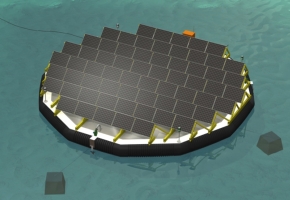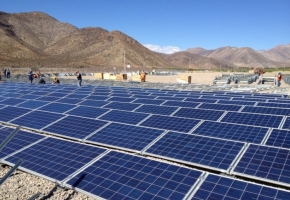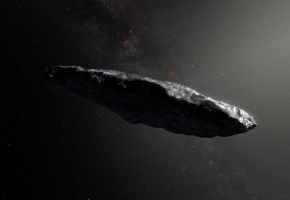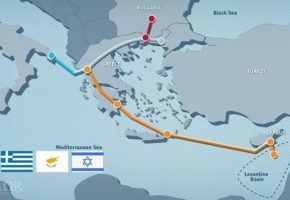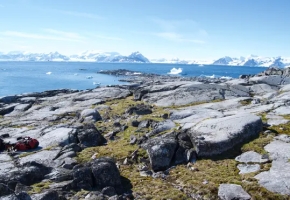Australian researchers turn morning coffee waste into greener concrete

Concrete production, which involves mixing sand and gravel with cement and water, is a major producer of greenhouse gases, responsible for around 7% of the world's emissions, according to the United Nations.
Researchers at Melbourne's RMIT University heated coffee waste without oxygen, a process known as pyrolysis, to create a substance called biochar that can replace up to 15% of the sand used in concrete.
The inclusion of the biochar makes the concrete 30% stronger and reduces the amount of cement needed by up to 10%, said lead researcher Rajeev Roychand.
"This ticks all the boxes," he said. "You preserve carbon and you are getting significantly higher strength."
Roughly 50 billion metric tons of sand is dug up each year, mostly for use in concrete, a 2022 U.N. report said. Its extraction is often environmentally destructive and it is in increasingly short supply, the report said.
Cement production, which involves heating a mixture of limestone and clay to around 1,500 degrees Celsius, is responsible for most of concrete's emissions.
RMIT is talking with several construction firms and concrete makers and with Starbucks to take its waste coffee grounds, and could form a company to make biochar, Roychand said.
Source: Reuters


